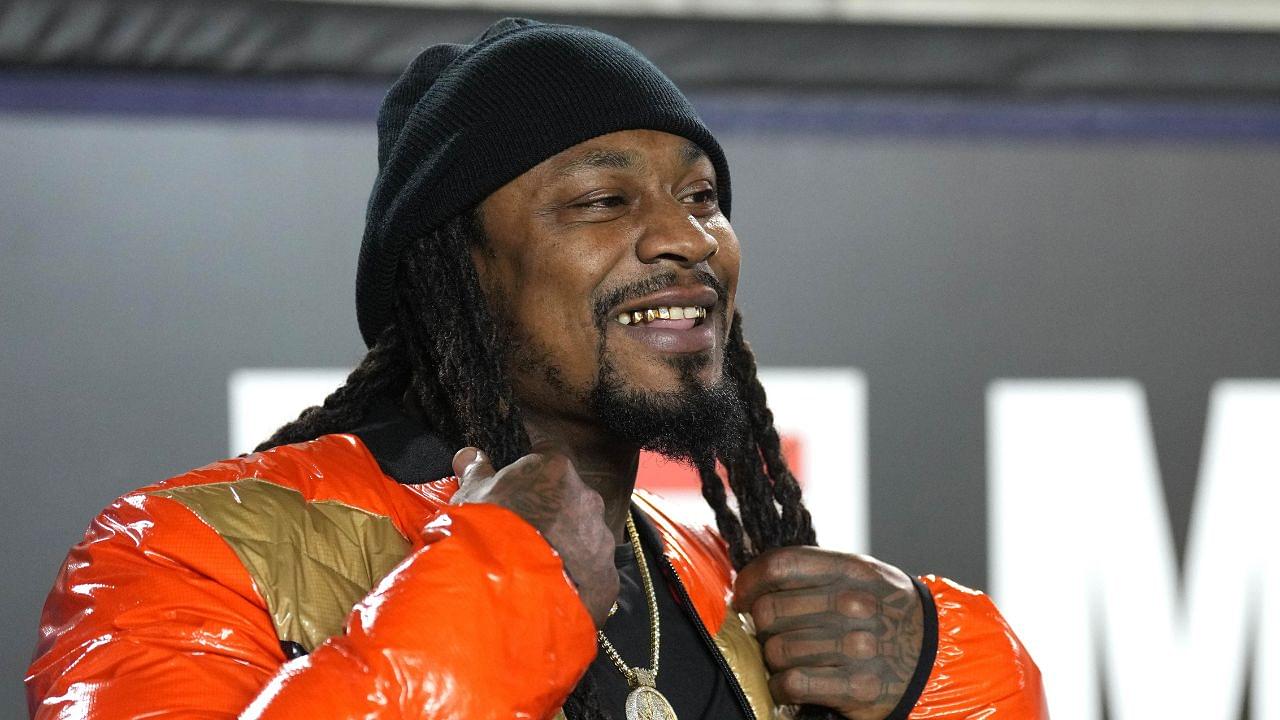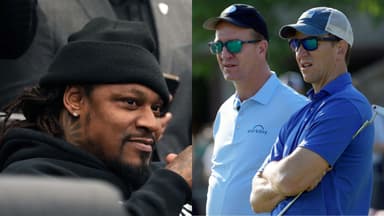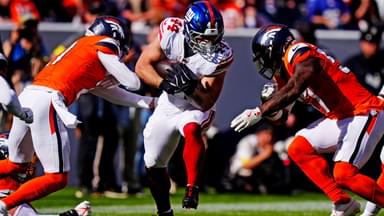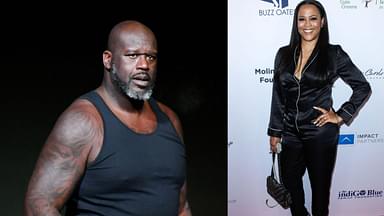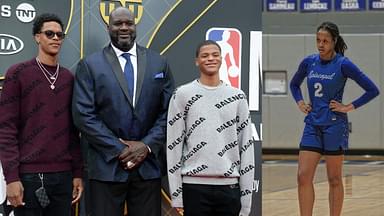Marshawn Lynch’s famous interview occurred on January 27, 2015, during Media Day leading up to Super Bowl XLIX. Lynch, a running back for the Seattle Seahawks, had a reputation for being media-shy and often giving short, unenthusiastic answers during interviews.
Advertisement
During the interview, Lynch repeated the phrase “I’m just here so I won’t get fined” in response to almost every question asked by reporters. This phrase was in reference to a previous incident where he was fined $50,000 by the NFL for not speaking to the media after a game.
Lynch’s repetitive answers and unwillingness to engage with reporters quickly became a viral sensation, with many people praising him for his stance against the NFL’s media policies.
Overall, Lynch’s famous interview was a memorable moment in sports media history, showcasing the power of athletes to use their platforms to make statements and challenge the status quo.
Shaunie O’Neal claims to use the famous Marshawn Lynch quote all the time
Shaunie O’Neal posted a clip of the famous Marshawn Lynch story to her Instagram stories today.
https://t.co/AaOnhILpl9 pic.twitter.com/dIDK6HtA9N
— Amulya Shekhar (@tweet_amulya) April 18, 2023
Shaquille O’Neal’s ex-wife remarked in the post that she ‘uses this line at least once a week’. Which is understandable, given the pop culture implications of Lynch’s landmark press conference.
The legacy of Lynch’s press conference
In the aftermath of the interview, many athletes and public figures praised Lynch for his bold stance against the media, with some calling him a hero for standing up for his rights as an athlete.
The interview also sparked a wider conversation about mental health in sports and the need for athletes to have more control over their public image.
Since the interview, “I’m just here so I won’t get fined” has become a popular meme and catchphrase, often used humorously to deflect unwanted attention or as a way of expressing resistance to authority.
Overall, Marshawn Lynch’s famous interview has left a lasting legacy in the world of sports and beyond, inspiring conversations about athlete rights, media pressures, and mental health.
His refusal to engage with the media and his defiant stance has become a symbol of individual empowerment and resistance to authority, inspiring a new generation of athletes and public figures to take control of their public image and stand up for their rights.

